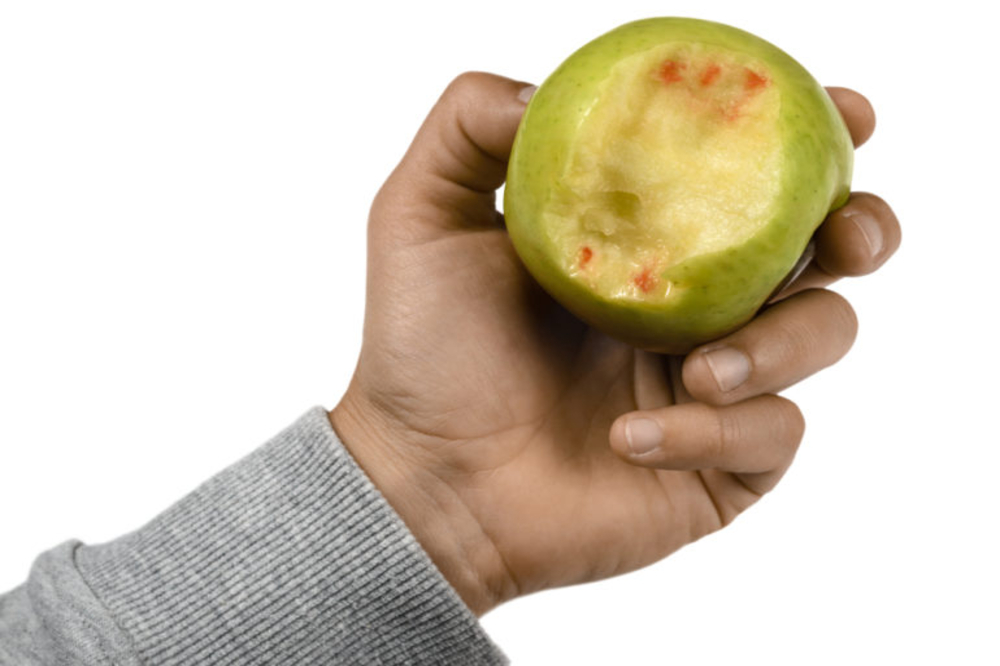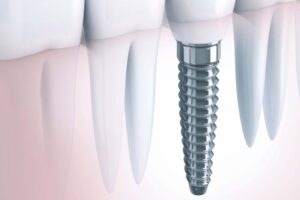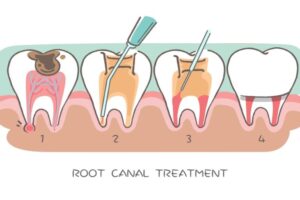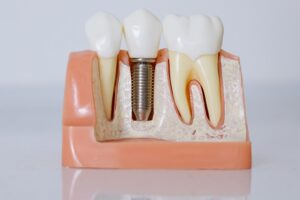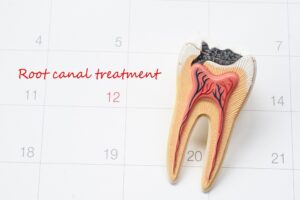Bleeding gums are a common occurrence. Most of us have experienced them at least a couple of times in our life. Do you know that bleeding gums is one of the first signs of gum diseases and it should be taken as a warning sign? If not treated on time, the problem may aggravate and lead to severe dental problems.
Taking care of your oral health is so important, but a lot of times many people tend to overlook it. It might seem normal that your gums are bleeding slightly when you brush your teeth, but that’s not true. Here are 5 ways to stop bleeding gums.
- Brush twice a day: Experts say that you should brush at least twice a day for two minutes each with a fluoride toothpaste. It’ll help protect against gum diseases and will keep your oral health in top condition. For best results brush your teeth right before going to bed and then in the morning, preferably using an electric toothbrush.
Also make sure that you rinse excess toothpaste after brushing and don’t rinse your mouth with water. This way fluoride stays on your teeth for longer period of time giving extra protection to your gums and teeth. Brushing twice a day helps remove plaque. And if plaque isn’t removed, it continues to build up which can lead to tooth decay and gum diseases. - Use interdental brushes and floss: Using interdental brushes or floss is an important part of oral health. But a lot of times people tend to overlook it. Your normal toothbrush cannot reach in between your teeth, and that’s the reason an interdental brush or floss is necessary. It gets easily to those areas where a toothbrush cannot reach and removes excess plaque.
Dental experts say that when you first start using floss or interdental brushes, it is common for your gums to bleed. But don’t stop and continue with the routine. In a couple of weeks the bleeding will reduce and ultimately stop. Various studies have shown that gum health is directly related to heart health, so keep your gums healthy to reduce the risk of heart diseases. - Use a fluoride mouthwash: Including a mouthwash in your oral care routine is a useful step as it will help get rid of debris from your mouth. It also prevents plaque build-up on your gums, on the surface of your teeth, and in between your teeth.
Using a mouthwash regularly will also help get rid of bad breath by killing bacteria. It is best that you choose a mouthwash enriched with fluoride to give your teeth and gums some extra protection.
Having healthy gums is the first step for a good oral health. When your gums are healthy, your teeth will also be healthy. So use a mouthwash to prevent gum diseases and keep your mouth feeling fresh. - Visit your dentist regularly: Make it a rule that you visit your dentist every six months, or if you feel any pain. If your gums are bleeding and you ignore them, it might cause severe problem. Thus, it is recommended visiting your dentist at the earliest.
The dentist will remove excess plaque, check your teeth and gums for any signs of disease, and prescribe you medicine if needed. Once the plaque is removed, the overall health of your mouth will improve. It is possible that you’re not cleaning your teeth properly, and when the dentist does it professionally your teeth and gums are in a better shape. - Adopt a healthy diet and lifestyle: Cannot stress enough on how important roles do diet and lifestyle play on your overall health. Whether it is oral health, mental health, or physical health – everything is connected with how you live and what you eat.
Check the label of the packaged food before purchasing it. Sometimes healthy looking food items are not so healthy in reality. Avoid added sugars, colas, aerated drinks, packaged fruit juices, candies etc.
Lifestyle choices like smoking, drinking, and even excessive caffeine can harm your teeth and oral health. Smokers are more susceptible to gum diseases and tooth decay. This is because smoking causes lack of oxygen in the blood and as a result infected gums don’t get a chance to heal.
A healthy balanced diet is the key to good oral health. Take a diet rich in vitamins, minerals, fresh fruits and vegetables to prevent gum diseases. Drink lots of water, at least 8-10 glasses a day. Healthy gums protect against tooth decay, bad breath, diabetes, heart attacks, and strokes.
Taking care of your gums is a prerogative for oral health. You need healthy gums to hold your teeth in place. Don’t ignore bleeding or painful gums. Follow these simple tips and say yes to healthy teeth and gums.

